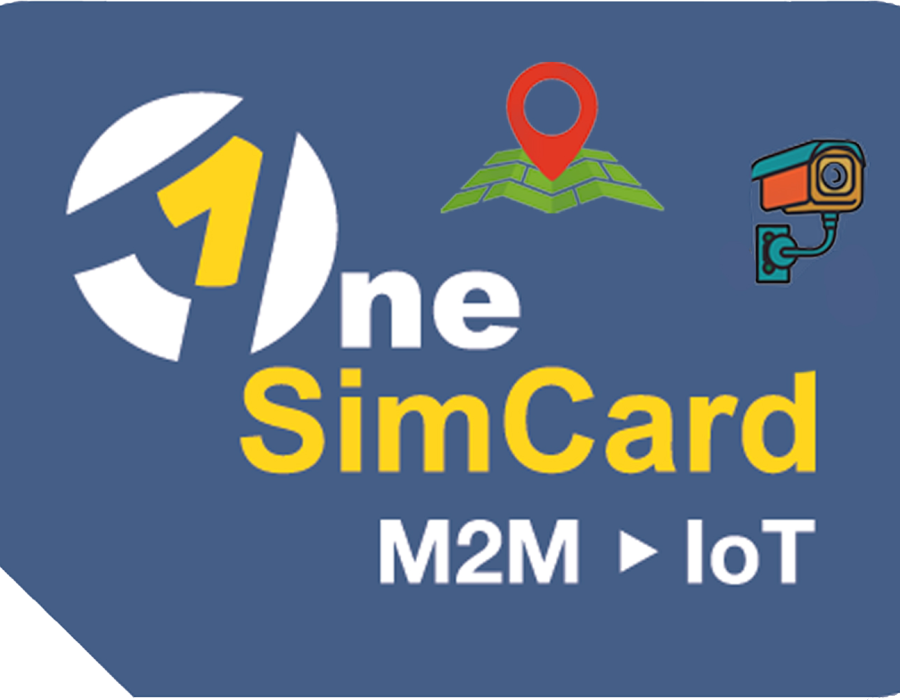As the world becomes increasingly connected, modern businesses rely more on Internet of Things (IoT) devices to streamline operations and enhance customer experiences. IoT devices transform industries from smart meters to wearables and fleet management systems. However, choosing the right IoT SIM card provider can be an important decision that impacts the success of your IoT projects.
With so many options available, how do you pick the best provider for your business? Consider the key factors when choosing an IoT SIM card provider that best suits your needs.
What Type of Connectivity Do You Need?
One of the first things you need to consider is the type of connectivity required for your IoT devices. Different IoT applications need different types of networks, ranging from cellular (NB-IoT, 4G, 5G) to non-cellular options (Wi-Fi, Bluetooth). Not all SIM card providers offer the same types of network coverage, so it’s essential to evaluate the requirements of your specific use case.
For instance, NB-IoT (Narrowband IoT) SIM cards are perfect for low-power devices such as smart sensors that transmit small amounts of data over long distances. On the other hand, if your devices need to transfer larger amounts of data or require higher-speed connections, a 4G or 5G SIM might be a better choice.
Ensure your chosen IoT SIM card providers offers the right connectivity options based on your devices and their intended use.
What is the Coverage Like?
Coverage is another critical factor in choosing an IoT SIM card provider. Suppose your devices will be deployed in remote locations or plan to scale your operations globally. In that case, you'll need a provider that offers strong coverage in the areas where your devices will operate.
Some IoT SIM card providers offer global roaming capabilities, which means your devices can remain connected no matter where they are. Others may focus more on regional coverage. If your devices are expected to work across different countries or continents, a provider with international support will be key to ensuring uninterrupted connectivity.
What About Data Plans and Costs?
The cost of connectivity plays a big role in your overall IoT expenses. IoT devices often don’t require large amounts of data, so it’s important to look for a provider that offers cost-effective data plans specifically designed for IoT applications.
Many IoT SIM card providers offer flexible prepaid or pay-as-you-go pricing options, which can help you keep costs down. Others might provide bulk data plans or long-term contracts with discounts, which might be more beneficial if you deploy many devices.
Before committing to a provider, understand the pricing structure and consider data consumption patterns, scalability, and long-term pricing stability.
What Kind of Customer Support Is Available?
Customer support is often overlooked when choosing IoT SIM card providers, but it can make all the difference if something goes wrong. It’s crucial to have access to responsive, knowledgeable support that can assist with troubleshooting, device management, and connectivity issues.
Additionally, check if they provide online portals or API integrations that allow you to monitor and manage your devices remotely. A good support system will resolve any connectivity issues quickly and efficiently.
How Secure is the Network?
Security is a top priority in the IoT world, as many IoT devices handle sensitive data. The provider you choose should offer strong encryption, secure data transmission, and data privacy protocols to protect your devices and their data from cyber threats.
Ask your IoT SIM card provider about the security measures they have in place to safeguard your devices. A service offering strong encryption, secure authentication methods, and regular security updates will help ensure your IoT ecosystem remains safe and protected.
Conclusion
Choosing the best IoT SIM card provider for your business requires careful consideration. By assessing your specific needs—including connectivity type, coverage, data plans, support, security, and scalability—you can find IoT SIM card providers that offers the right solution for your IoT project.
Remember that the IoT landscape is constantly evolving, so it's also important to select a provider that stays current with the latest technologies and trends. Doing so will ensure that your IoT devices remain connected, efficient, and secure for years.





Comments